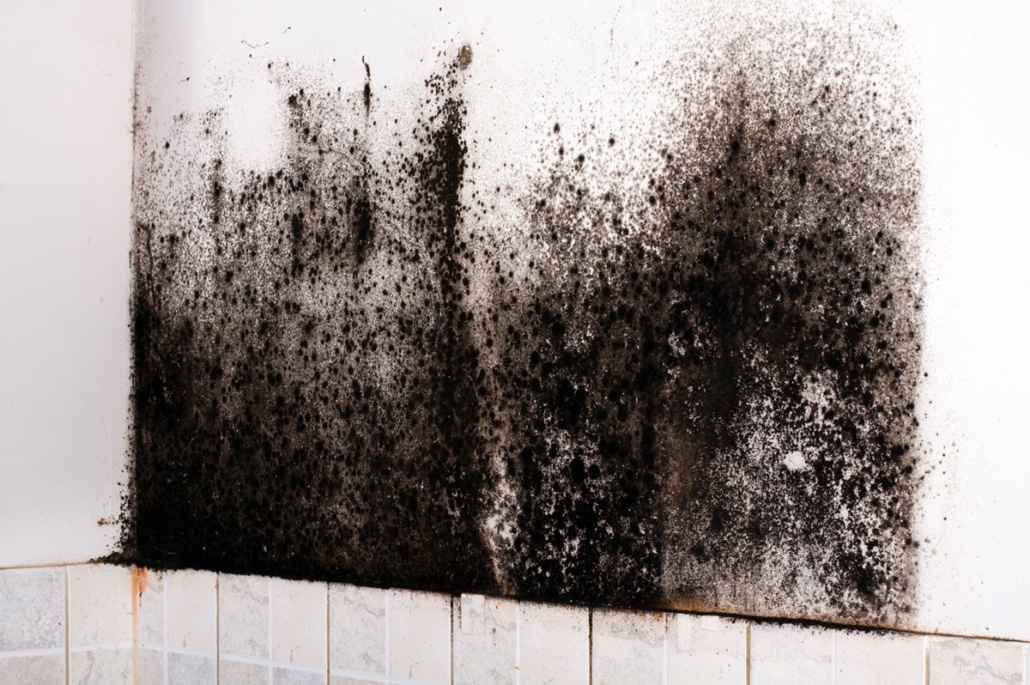Exposure to mold can have long-term health effects on the respiratory system, leading to a variety of issues that can impact overall well-being. Mold exposure has been linked to asthma, allergies, and other respiratory conditions that can persist over time.
These health effects can be particularly concerning for individuals with compromised immune systems or underlying respiratory conditions. Understanding the impact of mold exposure on the respiratory system is essential for maintaining good health and addressing any potential concerns that may arise from exposure to mold in indoor environments.
In this article, we will explore three key long-term health effects of mold exposure on the respiratory system and discuss strategies for mitigating these risks to promote respiratory health.
1. Chronic Respiratory Conditions Caused by Mold Exposure

Chronic respiratory conditions, such as asthma, bronchitis, and chronic obstructive pulmonary disease (COPD), can be caused or exacerbated by mold exposure. Mold spores are easily inhaled and can trigger inflammatory responses in the airways, leading to a range of symptoms including coughing, wheezing, chest tightness, and shortness of breath.
Prolonged exposure to mold can worsen these conditions over time, making it crucial for individuals with respiratory issues to take steps to minimize mold growth in their living or working environments. Proper ventilation, moisture control, and regular cleaning are key in preventing mold-related respiratory health problems.
2. Long-Term Lung Damage from Mold Inhalation

Long-term lung damage from mold inhalation can have lasting effects on respiratory health, leading to chronic conditions such as asthma, bronchitis, and even potentially fatal respiratory infections. Mold spores can trigger inflammation in the lungs, causing difficulty breathing, coughing, and wheezing.
Prolonged exposure to mold can also weaken the immune system, making individuals more susceptible to respiratory illnesses in the future. It is crucial to address any mold infestations promptly to prevent long-term damage to the respiratory system and safeguard overall health.
3. Impact of Mold Exposure on Respiratory Health Over Time

As individuals are continuously exposed to mold over time, the impact on respiratory health can be significant. Studies have shown that prolonged exposure to mold spores can lead to a variety of respiratory issues, including allergies, asthma, and respiratory infections.
Mold exposure can also exacerbate existing respiratory conditions, making it more difficult to manage symptoms over time. Additionally, long-term exposure to mold can lead to chronic inflammation in the respiratory system, which can further compromise lung function and overall respiratory health.
It is crucial for individuals to address any mold issues in their environment promptly to prevent long-term respiratory health consequences.
Conclusion
In conclusion, mold exposure can have significant long-term effects on the respiratory system, including exacerbating asthma symptoms, causing chronic respiratory infections, and leading to the development of respiratory conditions such as bronchitis and COPD. It is important for individuals to be aware of the potential health risks associated with mold exposure and take proactive measures to prevent or mitigate exposure in their homes and workspaces.
Regular mold inspection and testing, such as those provided by Mold Test Tampa, can help identify and address mold issues before they lead to serious health complications. Prioritizing indoor air quality and maintaining a clean, mold-free environment is crucial in protecting respiratory health and overall well-being.
